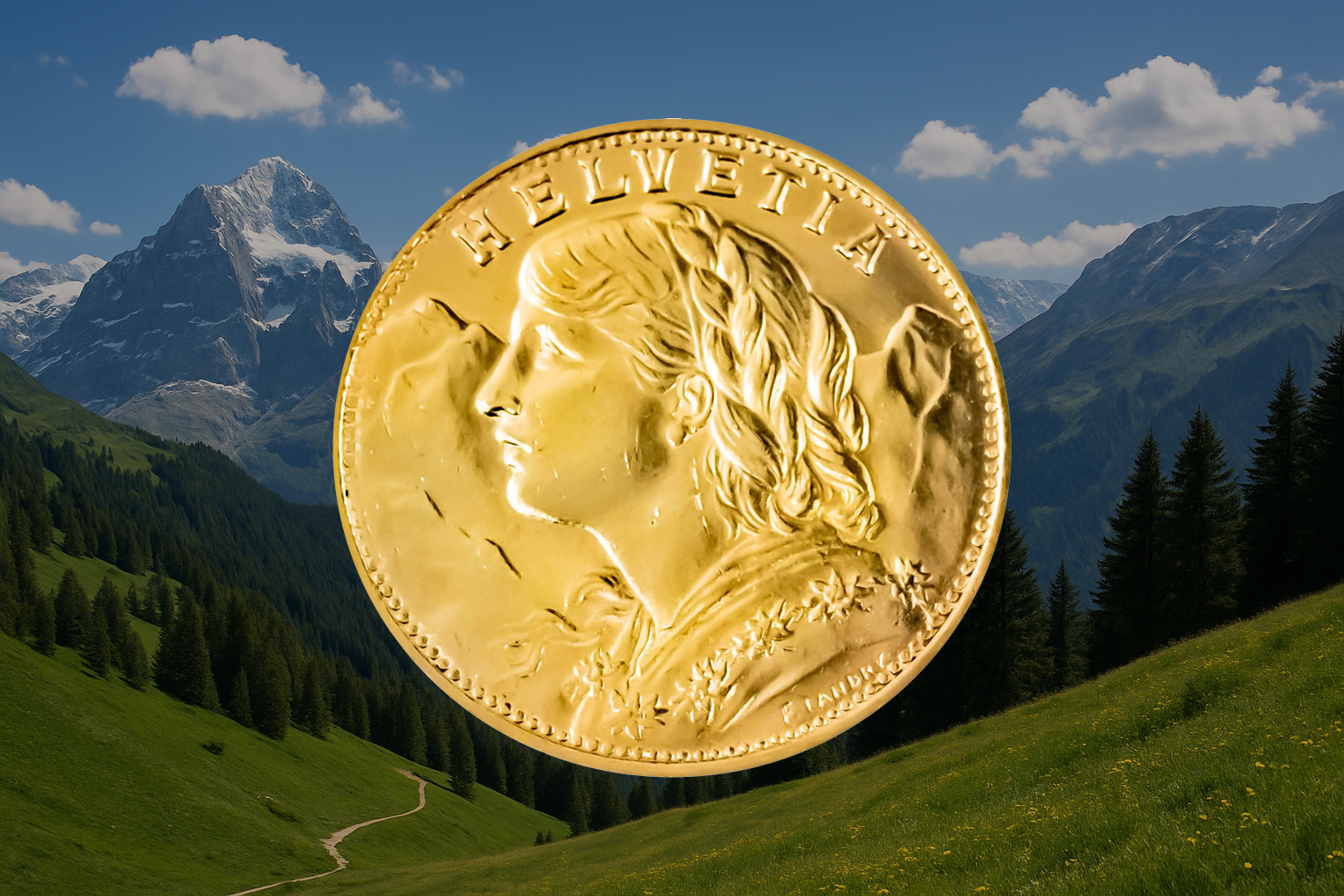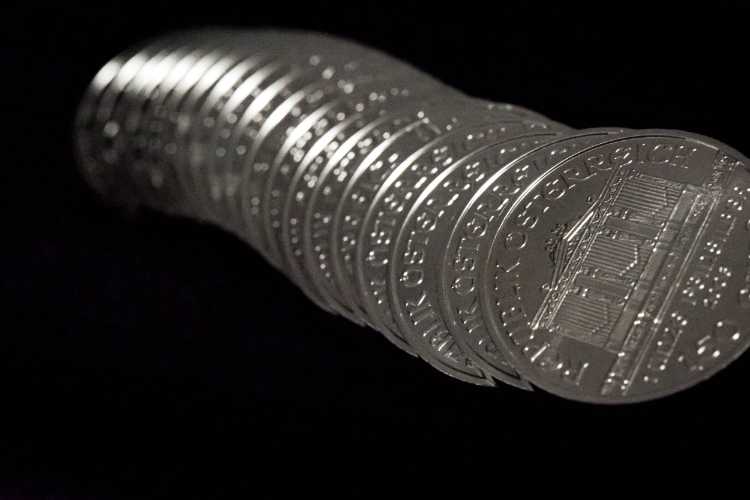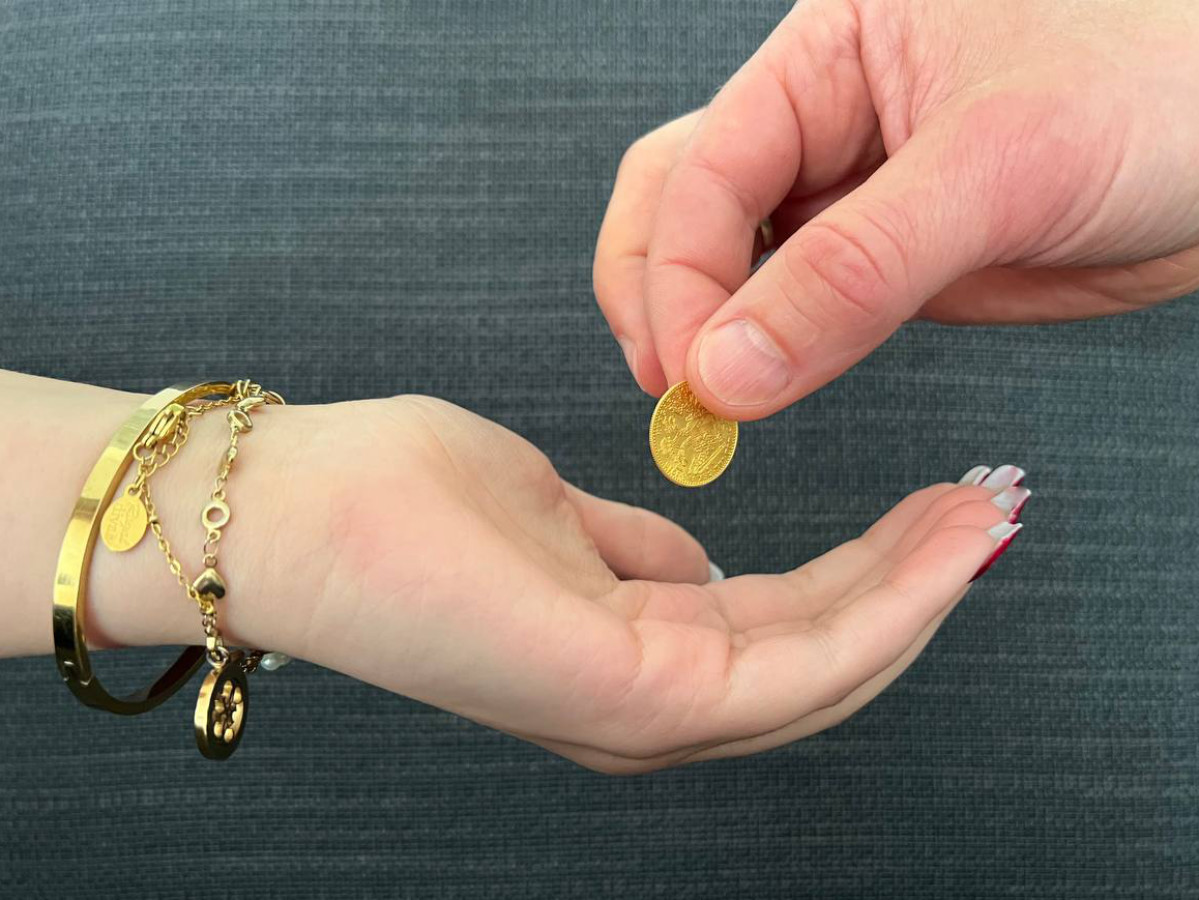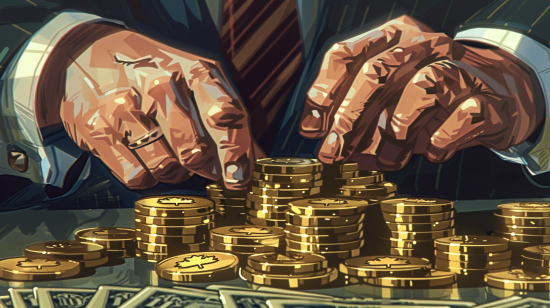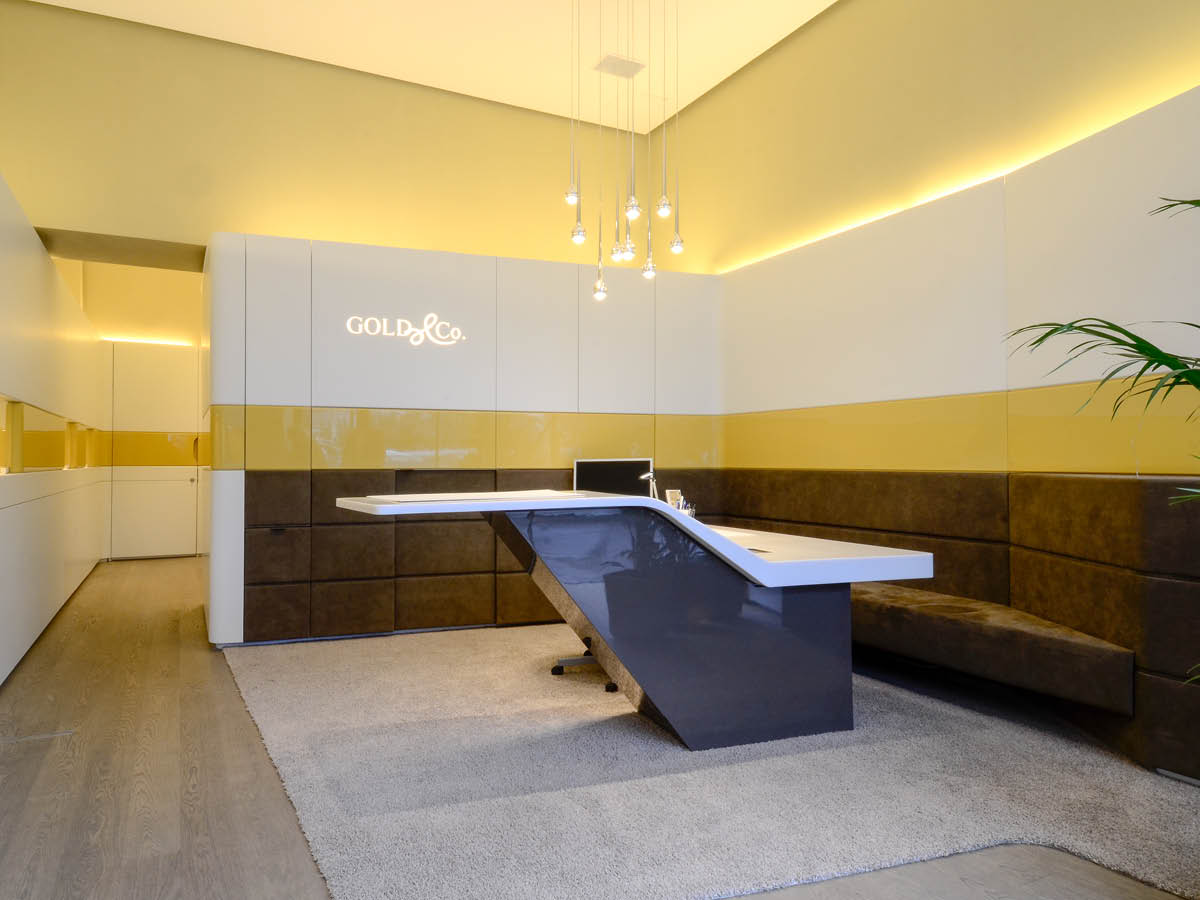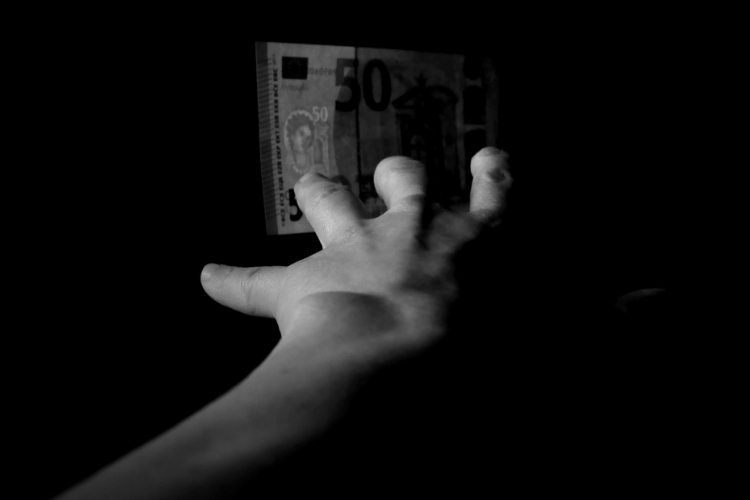
Der Rat der Europäischen Union hat sich auf eine Bargeldobergrenze von 10.000 Euro verständigt. Nach den Plänen des Rates sollen Bargeldgeschäfte über 10.000 Euro illegal werden. Damit bringen die Regierungen der Mitgliedstaaten diese Begrenzung, die schon im letzten Jahr von der EU-Kommission als Maßnahme gegen Geldwäsche und Terrorismusbekämpfung gefordert wurde, endgültig auf Kurs!
Österreich im Ministerrat überstimmt
Österreichs Finanzminister Magnus Brunner hatte sich zuletzt noch gegen die geplante Bargeldobergrenze ausgesprochen. Das ebenfalls skeptische und eigentlich bargeldfreundliche Deutschland hat sich in der Abstimmung schließlich enthalten, nachdem sich der deutsche Bundesfinanzminister Christian Lindner zunächst noch kritisch geäußert hatte.
Der Rat der Europäischen Union ist das EU-Organ, indem sich die nationalen Minister der Mitgliedsländer koordinieren und gemeinsam politische Maßnahmen koordinieren.
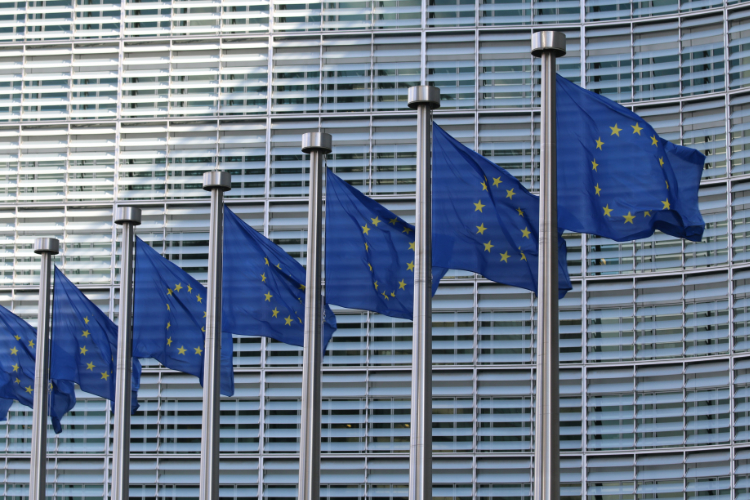
Für Entscheidungen im Rat reicht in der Regel eine qualifizierte Mehrheit. Das heißt, ausreichend ist die Zustimmung von 15 der 27 EU-Staaten, welche zusammen zumindest 65 Prozent der EU-Gesamtbevölkerung vertreten müssen.
Somit kommt die Regelung nun wohl trotz der Ablehnung bzw. Skepsis traditionell bargeldfreundlicher Länder wie Österreich und Deutschland.
Ist die Einführung Bargeldbeschränkung damit fix?
Bevor eine Bargeldbegrenzung in Kraft treten kann, muss auch das EU-Parlament der Einführung einer solchen noch zustimmen. Im sogenannten Trilog müssen sich Kommission, Rat und Parlament einigen, um dann ein Rechtsetzungsverfahren zu starten.
Gültig wird eine Verordnung drei Jahre nach Bekanntgabe im EU-Amtsblatt. Geht man davon aus, dass eine neue Geldwäscheverordnung im kommenden Jahr auch vom Parlament beschlossen wird, dürften wir in Österreich die Bargeldobergrenze 2026, spätestens 2027 bekommen.
Wie ist die Situation momentan?
In rund zwei Drittel der EU-Staaten gibt es bereits Maximalbeträge für Barzahlung. In Frankreich und Portugal dürfen etwa lediglich 1.000 Euro, in Spanien höchstens 2.500 Euro, in Belgien maximal 3.000 Euro in bar – und damit ohne Identitätsprüfung – den Besitzer wechseln. Zuletzt ließ Italiens Ministerpräsidentin Meloni aufhorchen, als Sie ankündigte die bestehende Bargeldobergrenze in Italien von 2000 auf 10.000 Euro anzuheben
Österreich gehörte bisher in Bezug auf Barzahlung zu den liberalsten EU-Mitgliedsstaaten. Eine Obergrenze, gibt es bisher nicht. In Österreich ist die Liebe zum Bargeld auch traditionell stark. Das zeigte sich zuletzt Sommer 2022, als mehr als eine halbe Million Österreicher das Volksbegehren “Für uneingeschränkte Bargeldzahlung” unterzeichneten, und sich damit klar gegen jede Beschränkung der Barzahlung aussprachen.
Einschränkung der persönlichen Freiheit
Für Bargeld und gegen die Einführung von Beschränkung des Bargeldverkehrs gibt es gute Gründe. Denn Bargeld bedeutet nicht nur Freiheit, sondern schützt auch die Privatsphäre und gehört zu den sichersten Zahlungsmethoden.Lesen Sie dazu auch unseren älteren Beitrag:
7 gute Gründe dafür, weiterhin bar zu zahlen!
Die Befürworter von Bargeldobergrenzen argumentieren, dass diese ein wichtiges Werkzeug zur Bekämpfung von Geldwäsche, Steuerhinterziehung und Terrorfinanzierung sei.
Aber nicht jeder Mensch, der es vorzieht mit Bargeld zu bezahlen, betreibt Geldwäsche oder ist ein Terrorist. Denn Kriminelle haben längst ganz andere Möglichkeiten gefunden, um ihr Geld zu transferieren. Dennoch stellt eine Begrenzung des freuen Zahlungsverkehrs die Bürger unter Generalverdacht.
Dass eine Einschränkung des freien Zahlungsverkehr Geldwäsche und Terrorismus erschweren würde, ist Augenauswischerei, wie die jährliche Statistik der Geldwäschemeldestelle zeigt: Im Jahr 2021 gab es in Österreich bei knapp 5000 Verdachtsfällen ganze 85 Verurteilungen.
Wie steht es mit Gold?
Was den Besitz von Gold betrifft, gibt es aktuell weder in Österreich noch in der EU irgendwelche Verbote oder Beschränkungen, sehr wohl aber was den Goldkauf betrifft.
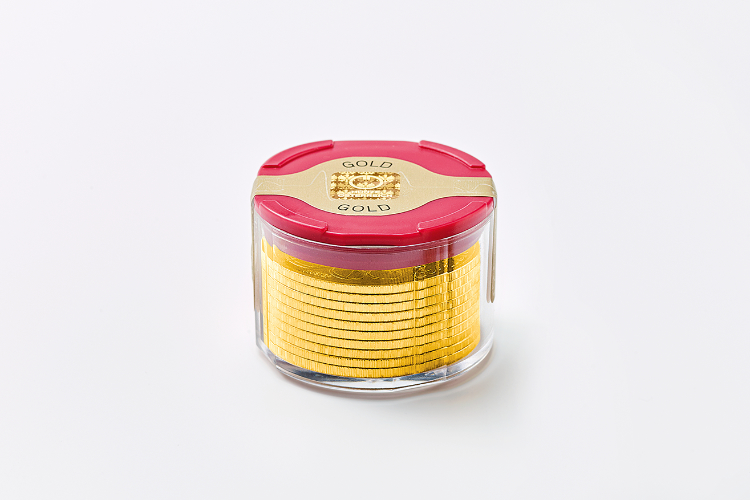
Sobald das gekaufte Gold den Gegenwert von 10.000 Euro übersteigt, verpflichtet das österreichische Geldwäschegesetz Goldhändler die Daten des Käufers aufzunehmen, 7 Jahre aufzubewahren und auf behördliche Anfrage auszuhändigen. Ein anonymer Goldkauf ist also nur bis zur Grenze 10.000 Euro möglich.
Dabei ist die Regelung in Österreich mit einer Anonymitätsgrenze von 10.000 Euro im Gegensatz zu anderen EU-Ländern noch moderat. In Deutschland etwa liegt diese Schwelle seit 2020 nur mehr bei 2000 Euro!

